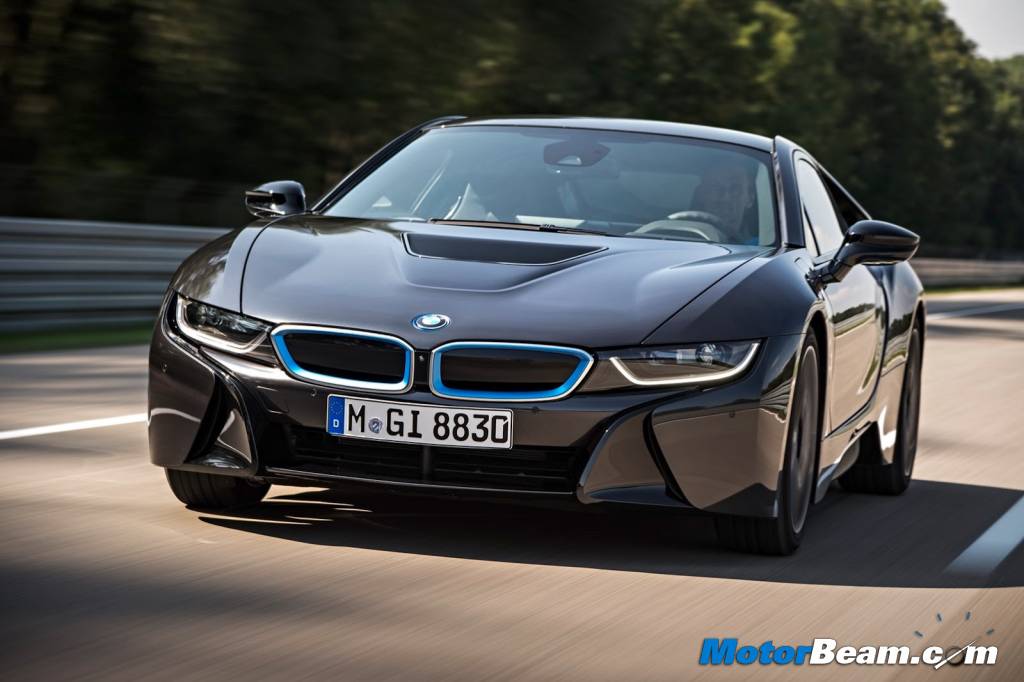The use of carbon fibre had been largely restricted to supercars and hyper cars considering the two attributes namely high tensile strength and extremely light weight make it perfect for super fast vehicles. This also means that carbon fibre is extremely expensive and has not been put to use in mainstream cars because of its expensive nature. However, BMW will now be one of the first manufacturers to use carbon fibre in mainstream vehicles in its line-up beyond the i and M model range.
The i brand has been BMW’s most ambitious products and the company has invested heavily in the development of the brand. The i8 has been a massive success, selling out in the first year of launch, while the more mainstream i3 clocked in 10,000 bookings even before the EV went on sale. With more i models planned in the future, the company is making a considerable investment to expand the production of carbon fibre reinforced plastic (CFRP) that can be utilised on other models as well.
BMW’s joint venture with the SGL Group called GL Automotive Carbon Fibers (ACF) produces CFRP for the i8 and the i3 models. The production facility is located in Moses lake, Washington and currently has two production lines after an investment of $100 million. BMW has now announced that the company will make an additional investment of $200 million to further add four more production lines that will help increase the yearly production from the current 3000 tons to 9000 tons. When the setup is complete, the Moses lake facility will be the largest carbon fibre production plant in the world.
That would be a lot of CFRP for a niche range of i and M models. BMW had earlier stated that as part of an intelligent mix of materials, the company will apply carbon to other models in the future at competitive costs and in large quantities. BMW also maintained that all the new age tech and gadgetry seen on the i models would eventually trickle down to the rest of the BMW Group. The company will launch carbon fibre made parts like wheels, seat frames and steering wheels that will hit the market in a year or two.
CFRP is a key material for the 21st century automotive industry. BMW in conjunction with the SGL group is working on developing CFRP components that can be made out of ultra light weight material for other models at competitive costs and in large quantities. The use of lightweight materials will be beneficial in order to reduce the vehicle’s weight leading to lower fuel consumption, lower CO2 emissions and also enhanced performance.






